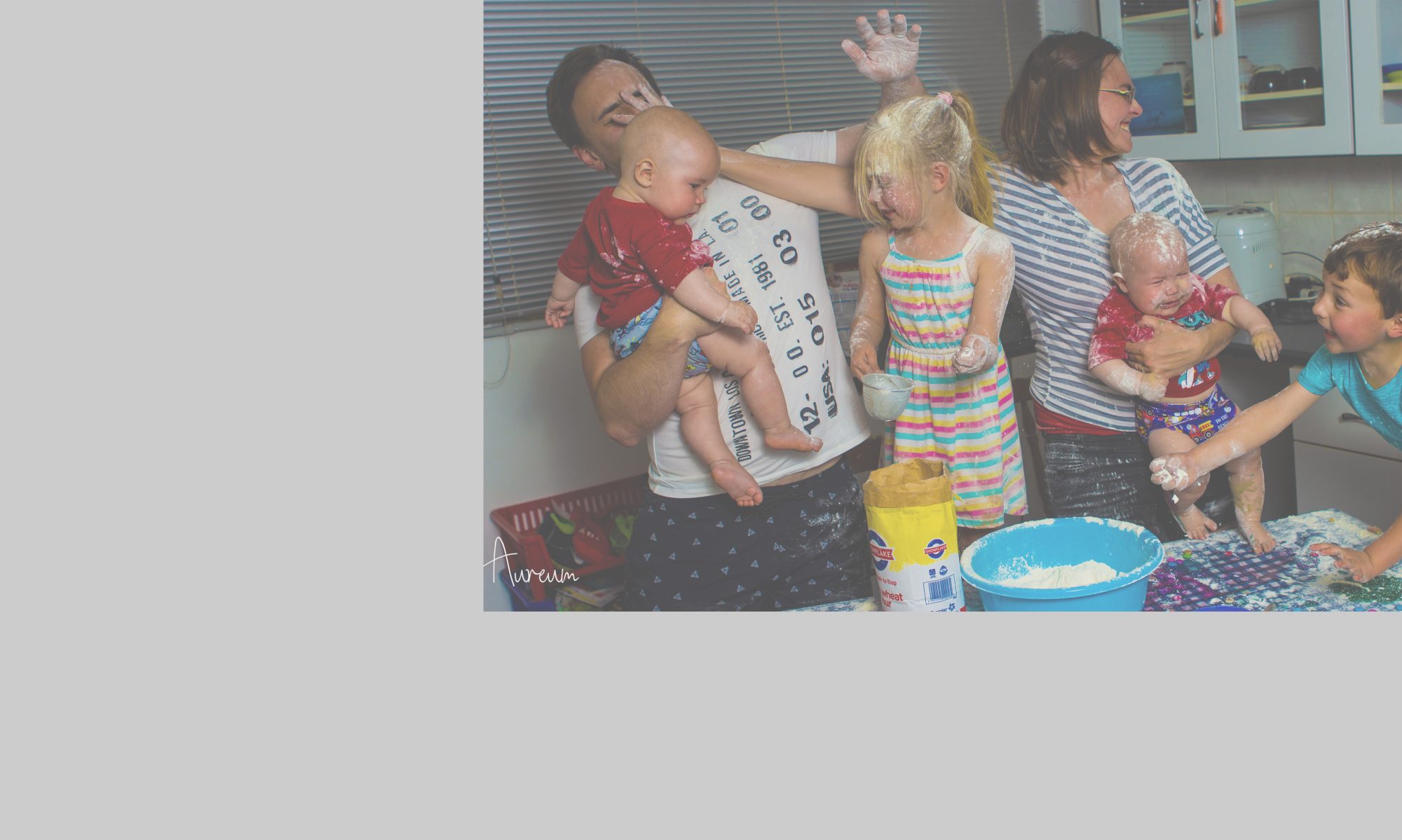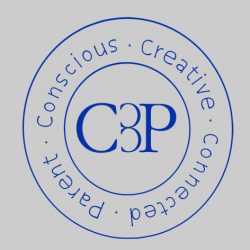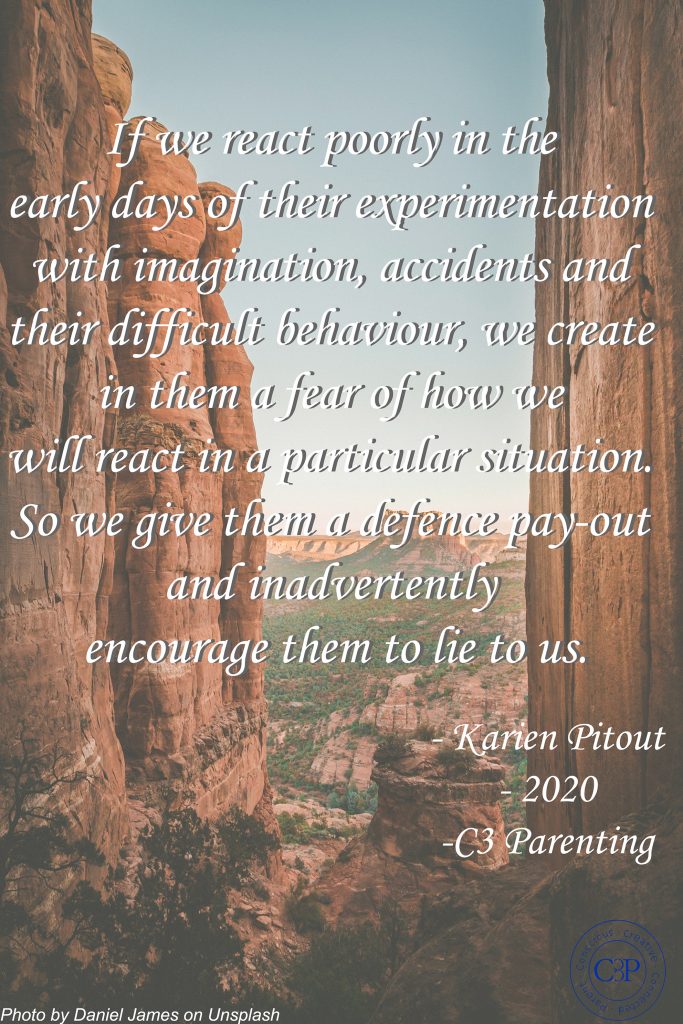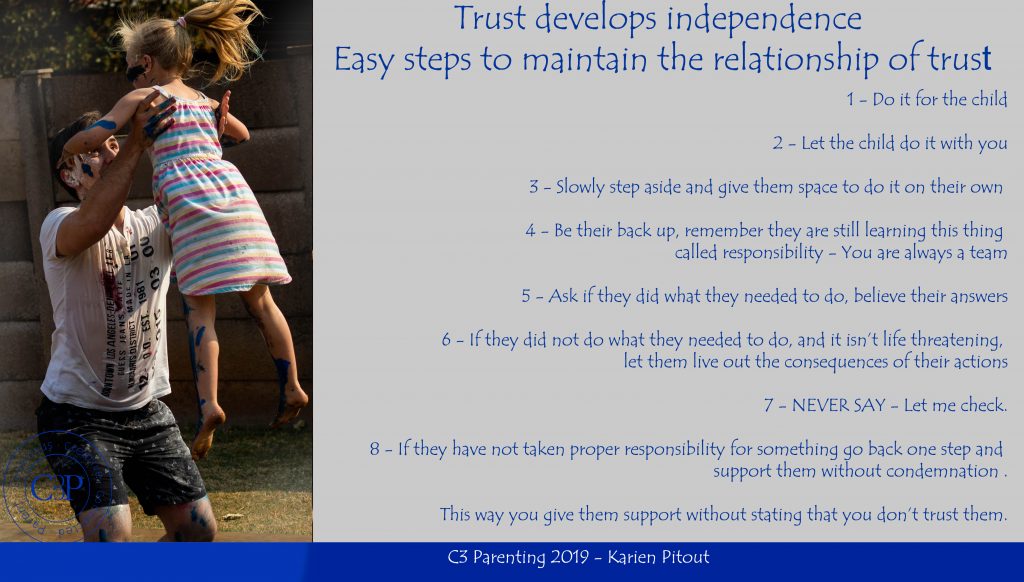Tell me lies, tell me sweet little lies… There comes an age where our kids start to lie to us. There are many factors that play a role in why kids lie to us and at times all the factors just line up to create a perfect storm of power struggles and misunderstandings. There are developmental reasons for this, but also a societal norm as well as home based reasons our kids start to lie to us or attempt to hide things from us. In this article we will touch on all 3 of those reasonings.
Developmental milestones and lies:
According to Kohlberg and Piaget, moral development happens in different stages and the developmentally appropriate age where kids begin to experiment with lying is in the age range of 5 to 10 years. There are other Early Childhood development Psychologists and researchers that have the view of moral development starting at an earlier age. The age of 3. (If you want to read up on the scholars and research click here for the research article)
For the purposes of this article, we include the age range 3 to 10 years, as that is the current settled science regarding the development of morality.
Piaget identified two different types of morality in his research:
Heteronomous Morality: Which means, morality imposed by authority figures and the outside world, thus morality depends on the consequences and not the intent. Known as Moral realism (5 to 9 years – 3 to 8/9 years according to the latest research)
Autonomous morality: Self-imposed morality, thus the intent outweighs the consequences. Known as Moral relativism. (9 to 10 years – 7/ 8 to 10 years according to the latest research)
According to Grace Point; Early Childhood Moral development article: “Developmental psychologist Lawrence Kohlberg built on Piaget’s work to create his theory of the Stages of Moral Understanding. According to Kohlberg, young children at this age base their morality on a punishment and obedience orientation. Much like Piaget, Kohlberg believed that young children behave morally because they fear authority and try to avoid punishment. In other words, little kids follow the rules because they don’t want to get in trouble. It’s too much to expect preschool-aged children to automatically “do the right thing”. Click here for the full article.
Why is this important when we look at lies? Lies are the beginning stages of how children learn to navigate morality. They measure our reactions to their actions and determine what is good or bad and how to survive this life and how to fit in. When a child feels like they will be punished for what is viewed as a morally wrong action, they will try to lie and side step punishment in that way. There is however another factor that needs to be taken into account and that is the developmental space the child is traversing during the 3 to 7 year age group. In this age group they have an extremely active imagination. Their brains are not yet able to distinguish between reality and fiction. For them their imagination is tangible and real. So even if they broke the mug whilst playing, but in their mind the imaginary friend did it in the playing, they will state that it was their friend who did it, because to them their imaginary friend was the guilty party as they cannot distinguish between fiction and reality. So they are not lying and their words are not morally corrupt, they are not aiming at upsetting you or lying to you explicitly, they are telling you their version of the truth.
The lies we tell and how we react to the lies they tell:
We as parents lie to our children, and we do it so often. We read them fiction or they watch television and we tell them stories about Santa and the Easter Bunny. We use white lies when we are stuck in a corner and sometimes we say we will do something and forget to do it, or hope they forget we said that we would do it. It all adds up.
I can already see the eye rolls when I equated reading a story or watching television to your child as a lie. Unless the story is a historical factual book, fiction at its core is lies, it is a flight of imagination. It is acceptable lies because we as adults and even older children can differentiate between reality and fiction. We can differentiate between reality and imagination, and we enjoy these flights of imagination. The process of these flights of imagination is called “suspension of disbelief”. It is called that because we suspend our need for facts and reality, we deep dive into someone else’s imagination and we celebrate it.
There is nothing wrong with the aforementioned practice and we would be remiss to deny the advantages that comes from reading books to our children, however we need to be aware that we as adults embrace a “type” of lying and for a young child that can be confusing as their language development and brain development cannot make that distinction yet. So when we read Peter Pan to them, they become the lost boys or Wendy or even Tinker Bell, Neverland is real to them. So extending grace for their flights of imagination, their lies for protection cannot be overstated.
I mentioned our lies we tell, by not executing what we said we will do, or by telling a white lie to get out of a sticky situation. They pick it up and as their brain matures and they learn to navigate the world, they will make use of those things. Kids see, hear and then mirror everything. Have you ever instructed your child to tell someone you are not there to answer the door or speak on the phone? Or have you ever told someone on the phone that you are already on your way while still getting dressed? They see it and they will use it too, they will use it on you.
Unless we have never told a lie or instructed our kids to lie on our behalf, we are in a sticky situation when it comes to parenting lies.
Then there is how we react. In the way we react to lies or misbehaviour, we create the space for our children to navigate the difference between wrong and right. This age group, especially under the age of 8, views right and wrong as a moral black and white situation. So there is no room to manoeuvre. If you scream and shout over a glass of spilled water and have the same level of reaction to a broken ornament or when they run across the street, they cannot differentiate between the different types of wrongs and which is the lesser of all the evils, so to speak.
If we react poorly in the early days of their experimentation with imagination, accidents and their difficult behaviour, we create in them a fear of how we will react in a particular situation. So we give them a defence pay-out and inadvertently encourage them to lie to us.
Societal and life:
When a child feels uncertain or out of control they will try to lie and control the situation at hand. It hardly ever pans out in a good way. Ironically if you read some of the pre-teen fiction, it is all about a child lying to adults, while trying to figure out life and the situation at hand.
Society seems okay with lies, as long as it does not cause any damage to a person. Hence “white lies” as a label. We encourage flights of imagination by paying for someone else’s lies written in a book. So in the eyes of society, lies are good when you get paid for it, and lies are bad if you use it to hurt someone else or cover yourself. It is okay if you lie to get out of a situation, because being viewed as rude is far worse than telling a lie to protect someone’s feelings. You see how tricky it becomes for our children especially when they are that young. We punish children for lying, but then when they discover Santa is not real, we make up a new “softer” lie to ease the blow.
We need to own this, this is part of life, and we need to own the fact that our children will pick up on lies, try to lie to us with some success. So how do we parent this? How do we handle the lies our kids tell us?
How do we parent lies?
- Be a person of your word: When you say you will do something, do it. Even if they forget that you have said you will do it. Don’t give in on boundaries for the sake of the peace and then hope they will forget about it, they will remember and it will have a huge impact on your trustworthiness in their mind. They will start to distrust you, and they may not even be able to pinpoint why, they will just have a gut feeling of mistrust.
- Do not ask your kids to lie for you. It may seem small, but really we cannot ask them to behave in a certain way one moment and then another the next moment, just for the sake of our own convenience.
- Be honest and upfront, even when it is uncomfortable.
- Own your mistakes and do not make excuses for your blunders. You messed up, fix it, no amount of lies will ever fix the mistake.
- During the imagination driven age group, allow for lies. When your kid lies here, you can use the words: “you wish ‘xyz’ did not happen.”, “I will appreciate it if you tell me the truth, when you tell me the truth, I’m able to help you. When you hide the truth it makes it difficult to fix the situation.” or “that is an amazing story, I think you need to write it down. You may become an excellent writer one day.” obviously without sarcasm or snark.
- Ask what their intent was, no matter the age of the child. Not accusingly, but inquiringly. Asking why as a genuine question, will reveal far more to you than shouting at them.
- Read stories and books and join them in their flights of imagination, that way they learn the difference between a straight up lie and suspension of disbelief.
- If you do the seasonal character (Santa/Easter bunny) type of things, make a point of telling them it is imagination and it is fun to do so. Under a certain age, they will tell you that they are real even when you tell them they are not. Celebrate it with a “Yes you really want it to be real and I love joining you on these adventures.” That way you are not lying to them, you are suspending disbelief and you are able to keep the “magic of imagination” alive and well. Not doing so, you stand the risk of tainting your relationship with your child into one of second guessing the words that you say, especially about the good stuff in life.
- Watch how you react to mishaps, and even blatant disobedience. If our reaction to those kinds of behaviour is scary, fear filled and punitive, they have no reason whatsoever to tell you the truth. Lying then just postpones the blow up indefinitely and as humans we are prone to choose avoiding conflict or delaying conflict if possible. So create an environment where they feel safe to share the truth, no matter what the truth may be.
- Ask them what they think needs to happen when they are caught in a lie: This is especially important when they are older. That allows them to really think of the impact their words and lies have on others. The disappointment and hurt lies may cause etc.
Kids will lie, it is part of their development, and it’s how we parent it that will make the difference. We do not want to raise our kids to be liars, but we don’t want to kill their imagination. There is a fine line, but it is possible to traverse that line if we handle it with guidance instead of punishment. When we engage our children in honesty and sincerity that is when they learn the moral value of honesty, kindness and accountability.
4,774 total views, 1 views today



